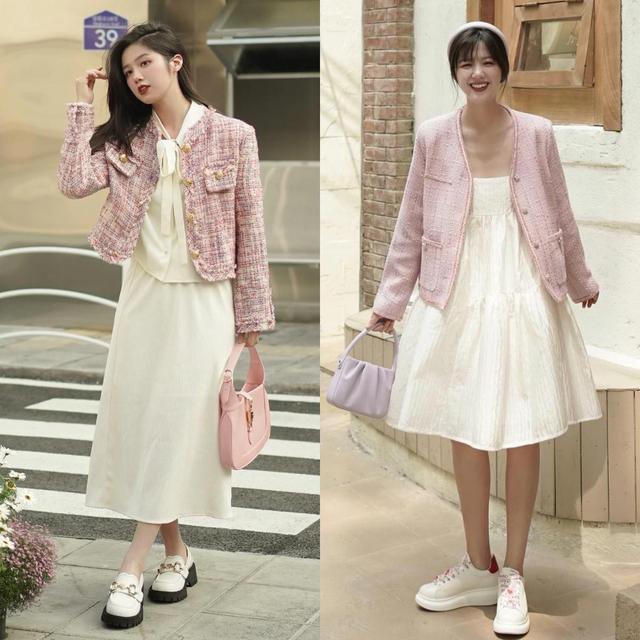榆叶梅花语(英文)_榆叶梅的英文
榆叶梅花语(英文)_榆叶梅的英文
The Chinese phrase “Yuye Meihua” literally translates to “Elm Plum Blossom”. This phrase is commonly used to describe the beauty of a young girl in full bloom, signifying the beauty of youth and innocence.
The phrase was first used by the poet Han Yu in the Tang Dynasty. He wrote the poem “A Young Girl of the Elm Plum” in which he described the beauty of a young girl and likened her to an elm plum blossom. He wrote: “Her face is like the elm plum blossom in the wind, and her figure is like the young willow in the water.”
The phrase has been used by many Chinese writers and poets throughout the ages to symbolize the beauty of youth and innocence. The elm tree and plum tree are associated with the beauty of youth because of their delicate and fragrant blooms, which signify the beauty of youth. Similarly, the willow tree is associated with the beauty of innocence due to its graceful and slender branches.
The phrase “Yuye Meihua” has also been used to describe other things besides the beauty of youth and innocence. It can also be used to describe the beauty of nature, the beauty of a landscape, or the beauty of a woman in full bloom.
Ultimately, the phrase “Yuye Meihua” has come to represent the beauty of youth, innocence, and nature. It is a reminder of the beauty that can be found in all of these things, and it serves as a reminder of the fragility and fleeting nature of life.


